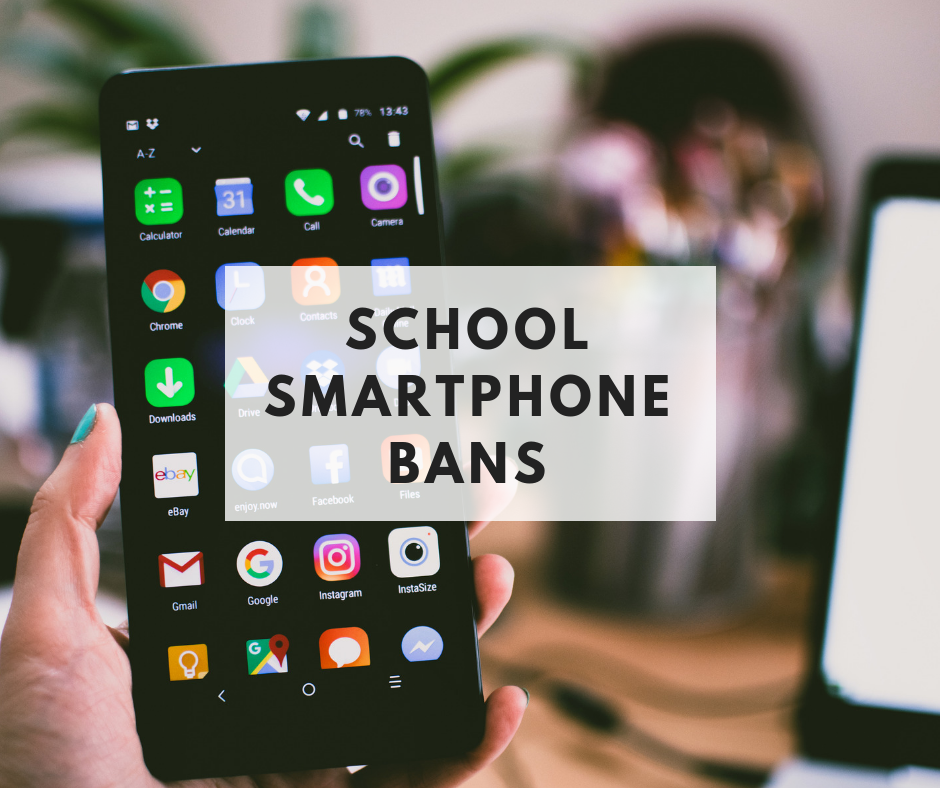A common reaction to unintended consequences of innovation is to ban the new “thing”. So, I shouldn’t be surprised when I read articles like this in Fast Company outlining a bill proposed by legislators to ban smartphones in all California schools.
However, for nearly 15 years, I’ve studied education and the use of technology to support it. I left a very fruitful career in a different industry to pursue this study, primarily due to my fascination with the innovation of online learning. I spent every Sunday night for about 10 years pondering the possibilities of technology to support learning on a live webcast called EdTech Weekly on EdTechTalk. I’ve presented countless conference sessions on digital literacy, mobile learning, and the importance of knowing how to solve problems using technology. I designed a popular course for Designers for Learning teaching designers how to create instruction using mobile devices. Next week, I’ll be at COABE to present not only a session on digital literacy but also to sit on a panel of educators discussing the importance of digital inclusion highlighting the inequities faced by millions of adults based on their lack of access to technology.
Therein lies my struggle. I’m not discounting the potential negative (or unintended) consequences of technology, but I’m asking for measure. As I note in my conference sessions, over 60% of adults in the US struggle use technology to solve problems. Given today’s workplace, that’s a whopper of a skill gap. As we start to ban or restrict technology, it’s hard to see how there won’t be unintended consequences related to the development of digital literacy skills.
